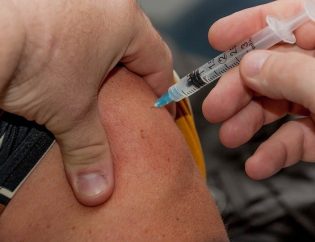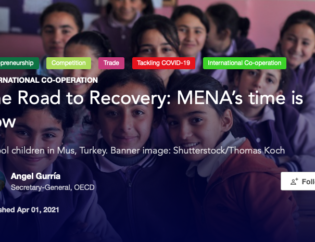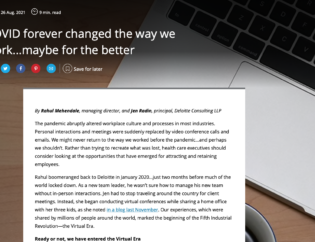The disparity between the global distribution of Covid-19 boosters and first shots to people in developing nations is a “scandal,” World Health Organization Director-General Tedros Adhanom Ghebreyesus said at a briefing Friday.
Inequitable vaccine distribution has hit Africa particularly hard, where just 6% of the continent’s population is fully vaccinated against Covid, the WHO’s Regional Office for Africa reported as of Oct. 28. WHO officials have for weeks criticized the distribution of boosters to healthy adults, calling on high-income countries to reallocate their surplus doses to immunize health-care personnel, the elderly and other high-risk adults across poorer nations.
“Every day, there are six times more boosters administered globally than primary doses in low-income countries,” Tedros said. “This is a scandal that must stop now”.
The WHO previously set a goal of vaccinating 40% of the population of every country by the end of the year, but more than 100 countries are currently short of the target, WHO Chief Scientist Dr. Soumya Swaminathan said at the briefing. Swaminathan added that the WHO would likely miss that goal unless COVAX, the WHO’s initiative for providing Covid shots for at least 20% of countries’ populations, received approximately 500 million more doses to distribute.
Just five countries in Africa have vaccinated more than 35% of their populations, including Morocco, Tunisia and Mauritius, according to Our World in Data, which compiles vaccination figures from official public reports. But those reports also indicate that the majority of African nations have fully vaccinated less than 10% of their populations.
WHO officials are waging a war against Covid on two fronts as they seek solutions to global vaccine inequities while facing a surge that has raged across Europe in recent weeks. Europe saw nearly 2 million new Covid cases during the week ended Sunday, representing 63% of all cases throughout the WHO’s six regions of member states, according to the organization’s latest weekly epidemiological update.







